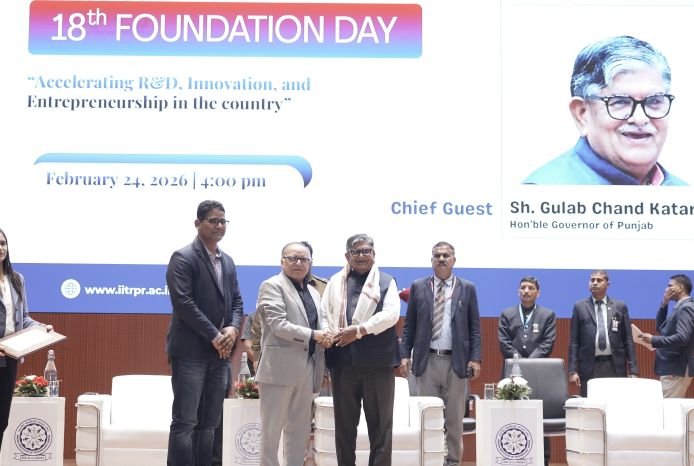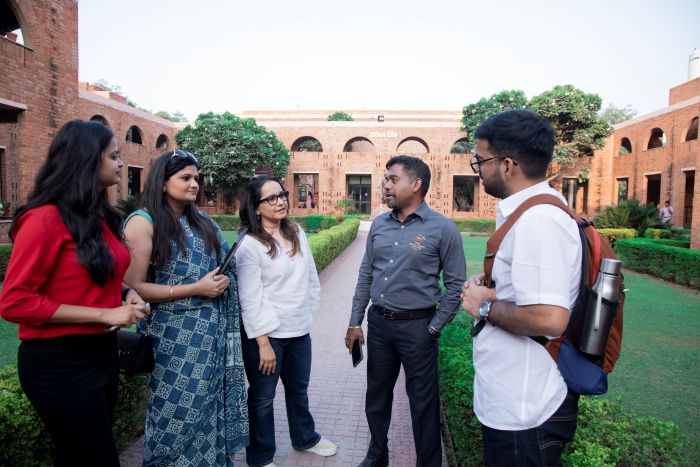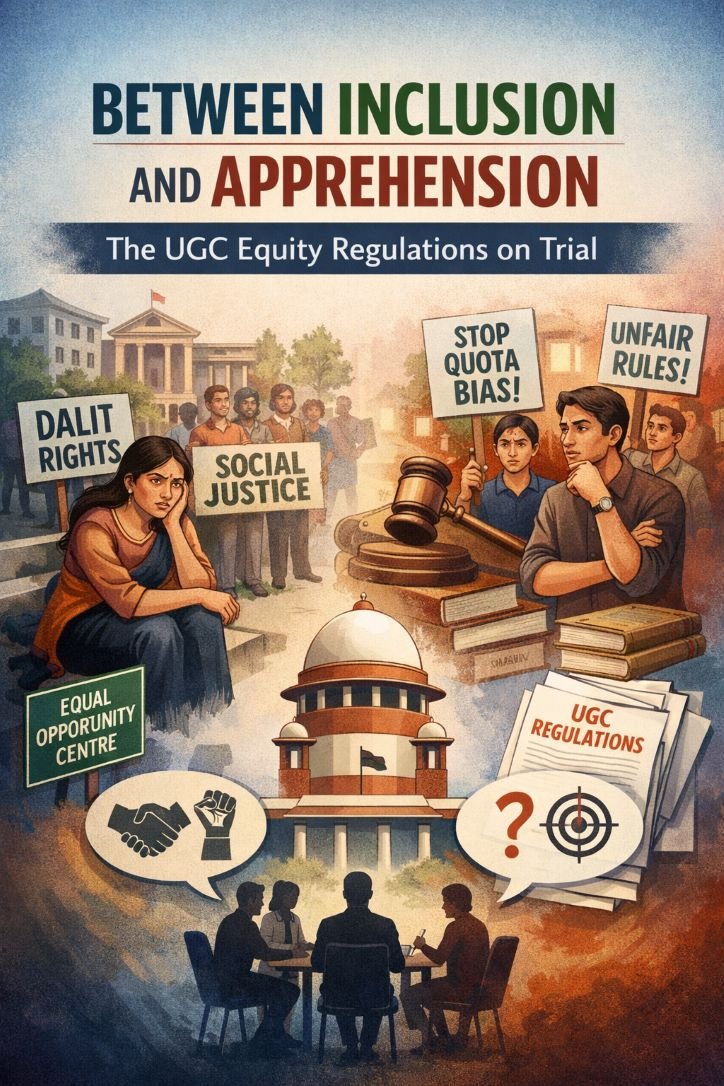
In the backdrop of the University Grants Commission (UGC), the higher education regulator in India, and union Education Minister, Dharmendra Pradhan signaling that time has come for foreign universities to set up campuses in India and a regulatory guidelines knowledgeably being rolled out in next some months, Deakin University, Melbourne one of the oldest foreign universities engaged with India since 1994, may have already taken a step with the hubs it has announced with three top-ranking private universities in India–OP Jindal Global University, Sonepat, Symbiosis International University, Pune and Chitkara University, Chandigarh.
However, as of now, there is no commitment or thinking on part of the Deakin University to set up its own campus in India. According to its vice-chancellor, Professor Iain Martin, who is visiting India as part of a delegation of Australian universities, the biggest challenge for any foreign university including his will be the culture even as most foreign universities are seeking clarity on the regulatory architecture and there are conversations both within the Governments of both the countries as well as between them. “Our hub model could be a steppingstone and we are not ruling out what happens in future but at the moment this looking challenging. Moreover, we don’t any foreign campus and Australian approach to higher education can’t be just exported,” he added.
Speaking about the Chitkara University partnership where it has created a hub for technology student courses, the two universities will offer dual bachelor’s degrees to about 200 students who have enrolled in last 18 months. These students will study Deakin curriculum first two years at Chitkara and for the next two move to Australia. Deakin faculty will be however involved in course delivery at Chitakra both offline and online along with host university teachers. These students will also get four-year work visa.
To a question, whether Deakin will scale up this kind of arrangement with more partnerships, the VC said it will be a tight walk. Ravneet Pawha, Vice-President (Global Alliances) and CEO (South Asia) at Deakin University office in New Delhi, clarified that full degree study abroad remained fully open for any student from India. “Going in future, we see partnering Indian institutions in online delivery of high-quality courses as we have the digital capacity and it is an evolving space,” she added.
Mutual recognition of qualifications following signing of the Australia-India Economic Cooperation and Trade Agreement (ECTA) and Education Minister Pradhan’s recent visit to Australia, is another area where there is a lot of buzz among universities in both countries and as approvals happens, it could open more engagement opportunities according to Prof Martin.
Talking about upcoming digital university in India, the visiting VC said that while India’s challenge is more of quality and scale, best of digital and physical holds promise. “Digital has challenges of student engagement but can be overcome with expertise. Digital also entails cost but has reach and scalability. We have been doing distance education for 50 years, but that distance is even recognized by the students. The undergraduates who start at 18 years will need to grow network of friends and therefore prefer campus but same is not true for learners who are already working and want to add more qualifications. So Post-graduate and specialist courses will move to digital as it offers ease and least disturbance to the family and work life.”
Prof Martin also ruled out the closure of physical campuses but agreed there will be more and more blended models in coming year. He added that career outcome and skilling for new jobs will be the defining trend of higher education. And for India, quality and scale will continue to be dominant challenge in coming years.








